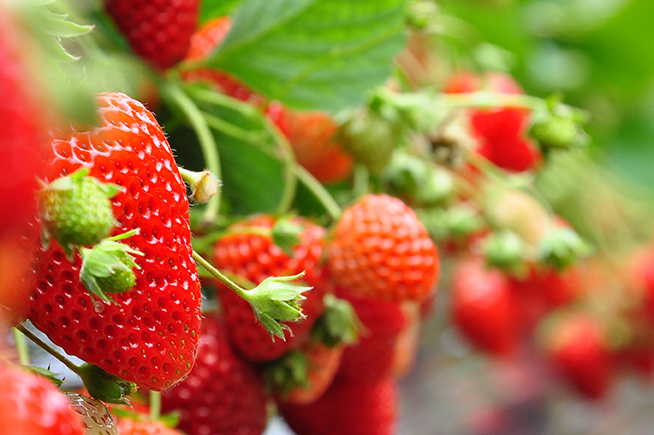Why Organic Produce Growers Deserve Better
One of my first trips to visit growers when I started my career at Meister Media 25 years ago was to a cotton grower who thought organic cotton was going to be all the rage. I thought he was nuts. The comfort of cotton is in thread count; who cares whether synthetic chemicals were used to grow it? I’m not going to eat a T-shirt.
I have to admit that it wouldn’t really matter if you’re talking fruits and vegetables instead of cotton; I’m not likely to purchase organic products. The only time is when the organic type is superior and doesn’t cost three times as much.
Being naturally thrifty, buying organic is tough because I often can’t see any advantage for the higher price than the conventionally farmed product. Tellingly, I’m even less of an organic consumer than I was when I started visiting growers all those years ago, because I see how well run the average farm is. I give any fruit or vegetable a thorough rinse with cold water, and I’m good.
I do understand the appeal of organic fruits and vegetables, however. There are a lot of folks who will opt for a “pure” product and will pay quite a bit more for the option. If there are people like that who want them, and growers who want to produce them, it would seem to be a great situation.
Except something is broken. I travel quite a bit in my job. And in recent years, I have heard this complaint all over the country — organic growers simply don’t get a fair shake. For example, I recall the organic apple growers of Washington frequently complaining that in years of high production, the organic apples simply got lumped in with the conventional fruit.
They can’t see a reason why the “bonus” for growing organic isn’t greater, considering the demand from the consumer and the potential problems for the grower because they can’t use a chemical to save the crop from a pest infestation.
Back in 2008, when the economy started melting down, I received some sage advice from a wise friend commenting on the big Wall Street firms facing serious trouble. I can’t recall the sector of the economy to which my friend was bullish on, but I remember why: “Because they actually make things.”
What it boils down to is you need the people who actually make the things — or in this case, grow the things — to make the system go. Without them, there’s no product, no reason for being in the market. The system disappears.
In this month’s American Fruit Grower cover story, I interview a strawberry grower, David Alvarado, who estimates it costs him about 30% more to produce organic, rather than conventional, strawberries. He recently calculated that he was getting paid as little as 7% more. Obviously, those numbers don’t add up.
Alvarado is a grower who enjoys farming organically. He actually likes the difficulty, the additional challenges growing organically presents. Pay the man or lose him. Pay organic growers the price premium they deserve or lose organic fruits and vegetables.









